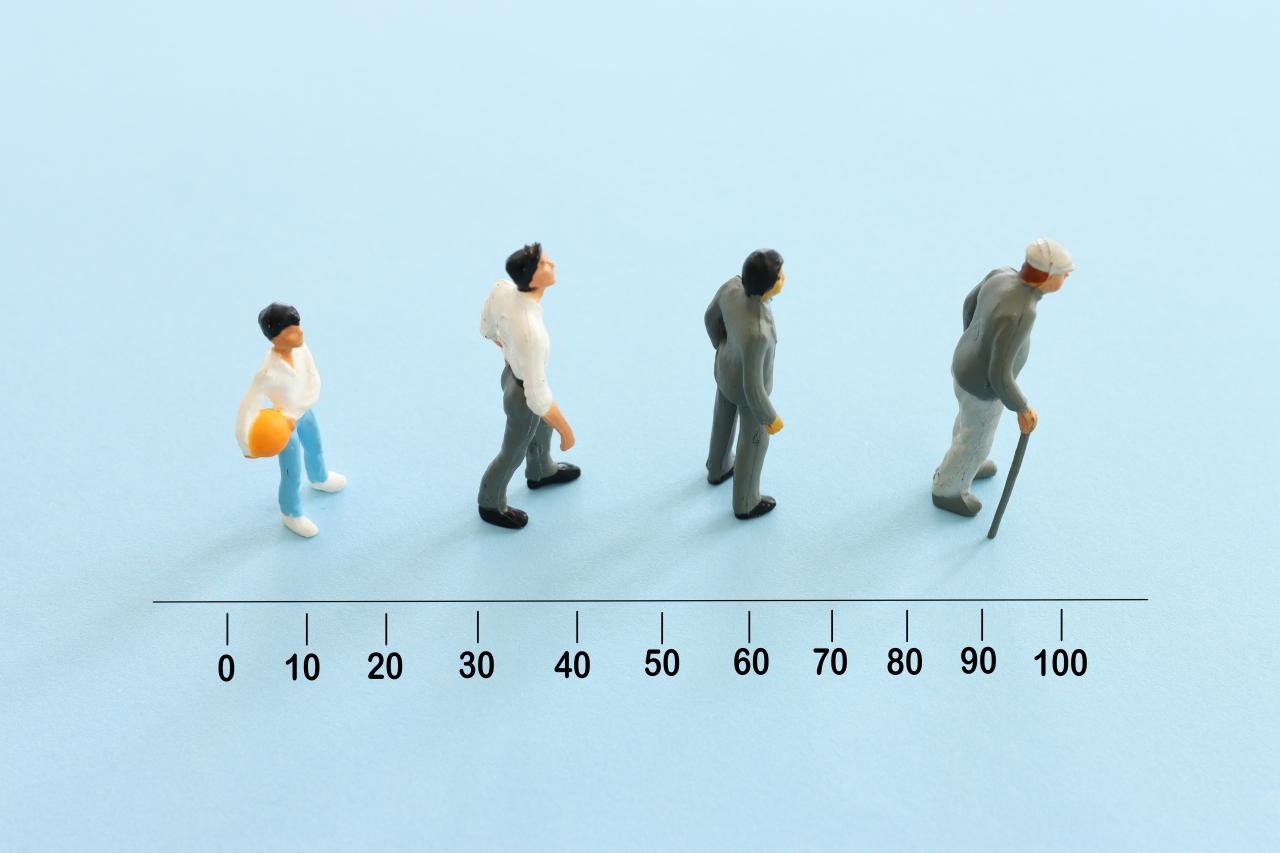
 |
| (123rf) |
While South Korea is on track to become a "super-aged society" by 2025, with over 20 percent of the population aged 65 years or older, one in five households in South Korea will have a breadwinner aged 80 or older, recent data showed.
Future household projections for the period of 2022 to 2052 by Statistics Korea revealed Sunday that the number of households with a primary caregiver aged 80 or older is expected to increase from 1.194 million in 2022 to 4.876 million in 2052, marking a fourfold increase within three decades.
Such speculations come due to the rapid aging of the population and the fact that second-generation baby boomers will then be entering their 80s and older, the research suggested. Korea defines second-generation baby boomers as those born between 1964 and 1974, when the country experienced a sharp increase in birth rates.
This means that elderly households with members aged over 80 will account for 20.9 percent of the country's total households, which are predicted to reach some 23.2 million in 2052. The group accounted for 5.5 percent of the total population in 2022.
When expanding the age of the breadwinner of the family to 65 and older, or that which the international society largely considers "elderly," the study projects that 11.78 million households in the country -- nearly half of all households in 2052 -- to be 65 years and older.
The median age of a household head in 2052 is expected to be 65.4 years old.
On the other hand, the number of young breadwinners, those aged 30 or younger, is projected to decline from 4.98 million in 2022 to 3 million by 2039 and 2.74 million by 2052. Their share of total households will shrink from 23 percent to 11.8 percent.
As the elderly continue to age, their income and asset formation are insufficient, leading to a high rate of elderly poverty in Korea, the study added.
According to the Organization for Economic Cooperation and Development and the Korea Development Institute, Korea's elderly poverty rate, calculated as disposable income, was 43.4 percent in 2018, the highest among OECD member countries. This is three times higher than the OECD's average elderly poverty rate of 13.1 percent.
To alleviate elderly poverty, the basic pension should focus on elderly people who have not benefited from economic growth and the pension system, a KDI researcher concluded.









